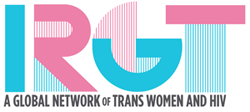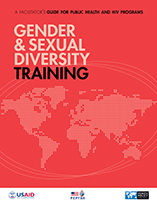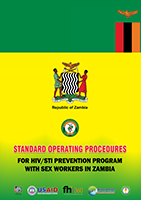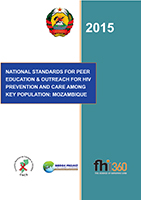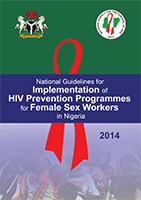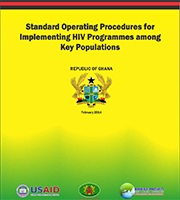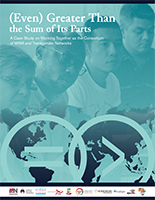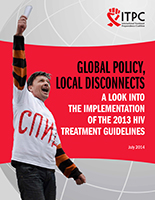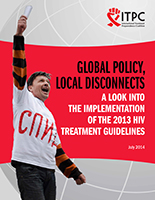
This version of the Gender & Sexual Diversity Training curriculum was developed specifically for PEPFAR staff and their country-level implementing partners to help country programs understand and address the needs of gender and sexual minority communities in the context of HIV programming, U.S. workplace policy on non-discrimination, and through a human rights lens. The guide was developed by the USAID- and PEPFAR-funded Health Policy Project, in coordination with a U.S. Government inter-agency team made up of members of the PEPFAR Key Populations Working Group and the PEPFAR Gender Technical Working Group.
A slide deck that accompanies this resource.
Year of publication:
2015
